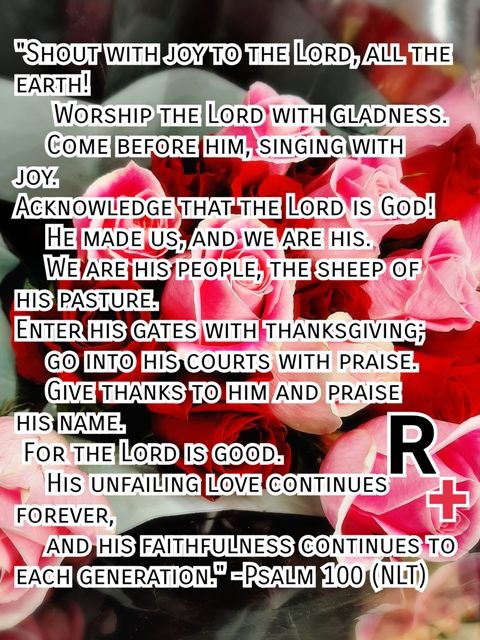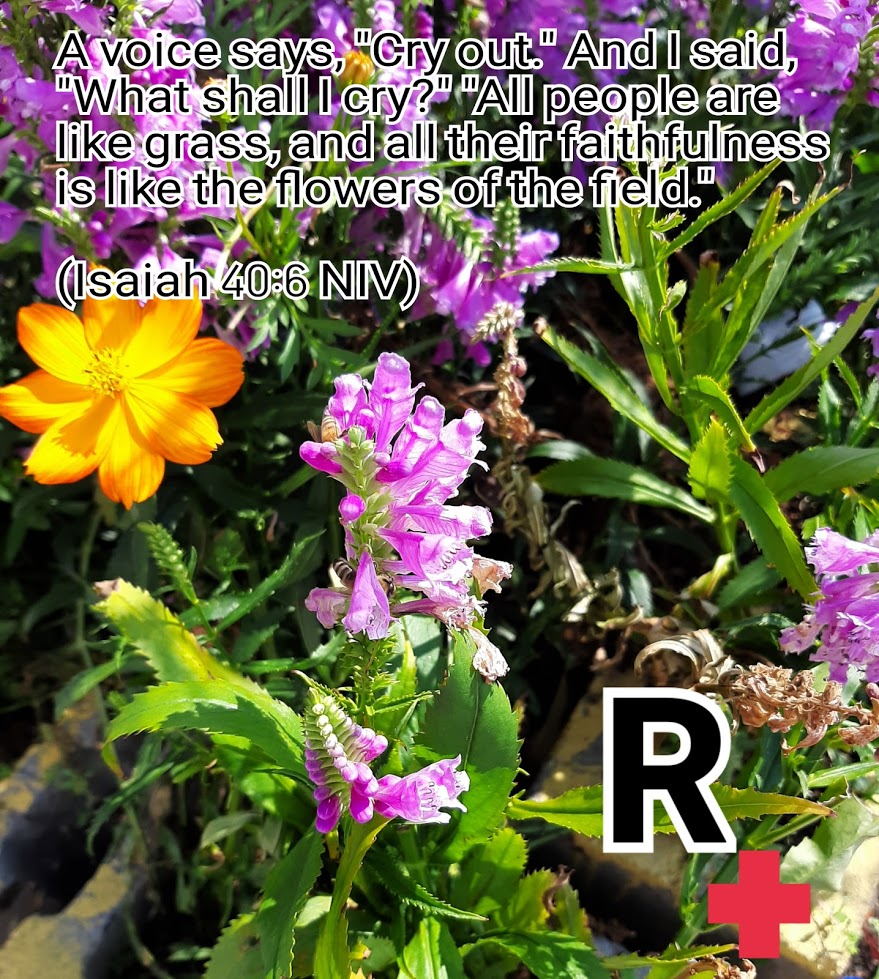Imagine
that you are assigned to complete a significant project with a partner. The
prize for the winning project is huge, and many others are talking about it.
Everywhere you go, it seems that people are buzzing with excitement. You hear snatches
of conversations of their ambitions – including the concerns about the deadline,
the requirements for the project, and so on. The theme looks exciting, and you
look forward to brainstorming and developing ideas with your partner.
However,
starting on the very first day, you and your partner just do not get along.
While everyone else have already gotten their ideas down and have made
progress, your partner disagrees with you on virtually everything both of you
should do.
You cannot
seem to convince that person, even as you try to compromise your ideas, exploring
other options. You feel like you are the only one doing your best, while your
ideas seem to be dismissed as either being too ambitious for the limited time
frame, or too costly or impossible to do.
As the deadline looms closer, neither of you are closer to even making the first step of your plans into reality.
In person,
both of you try to work it out as sensible, rational individuals.
However, when
that person is not around, you complain bitterly to your friends and family.
How disagreeable, uncooperative, irrational that person is. That you wished you
never were paired with a partner like that. Somehow, your ideas never seem to be
taken into consideration, but only shot down.
Then one
day, you overhear a conversation between your partner and someone else. To your
shock, you hear the exact same things being said about you that you had ranted
about that person to others. Me? Irrational? Unwilling to compromise? Difficult
to work with?
But while
you listen a bit longer to how that person is talking about you, you realize
something. While your ideas have merit, the things your partner brought up – the
cost, the amount of time to complete the tasks, the purpose…these things do
have importance, too. That person also felt like they weren’t being listened
to.
What would
you do if you heard someone voice the same complaints as you did about them?
When our lives are disrupted because we just cannot seem to work in harmony with others, our first habit is to complain.
Whether it
be in group project, our boss, a church member, family, relatives, friends…we
don’t bless. We curse them. Yes, complaining is a form of cursing people.
This is why
God hated it when Israelites complained – as a result of their complaining,
they wandered in the desert for 40 years. They suffered and died for their
constant complaining.
James warned: “Don’t grumble about each other, brothers and sisters, or you will be judged. For look—the Judge is standing at the door!” (James 5:9 NLT)
Instead of complaining, which is from the absence of love, we
need to learn to bless and not curse. Yes, bless and not curse, no matter how justified
we may feel about ourselves and others (Romans 12:14).
Remember that Christ also loves you.
And truth to be told, have you ever considered that God
doesn’t always agree with us? Yet He never complains or bad mouths us behind
our backs. Rather, He gave Christ to cover over our wrongs. And tells us
directly when we need to get straight with Him and be humble.
When Christ covered our wrongs through His work on the cross and forgave us, we receive it.
But why receive this grace for ourselves and still deny that grace for others (Colossians 3:13; Ephesians 4:31-32; 1 Corinthians 4:7)? Do you not have any respect for God and what He has done – and still continues to do – for each and every one of the people in your life?
We received the Holy Spirit to do onto others what Christ did for us (2 Timothy 1:7).
And last but not least: “Most important of all, continue to show deep love for each other, for
love covers a multitude of sins.” (1 Peter 4:8 NLT)
Who’s covering for you with their love? Even if it’s only Christ and not people, isn’t it time for you to do the same?
“Whoever claims to live in him must live as Jesus did.” – John
2:6 (NIV)




